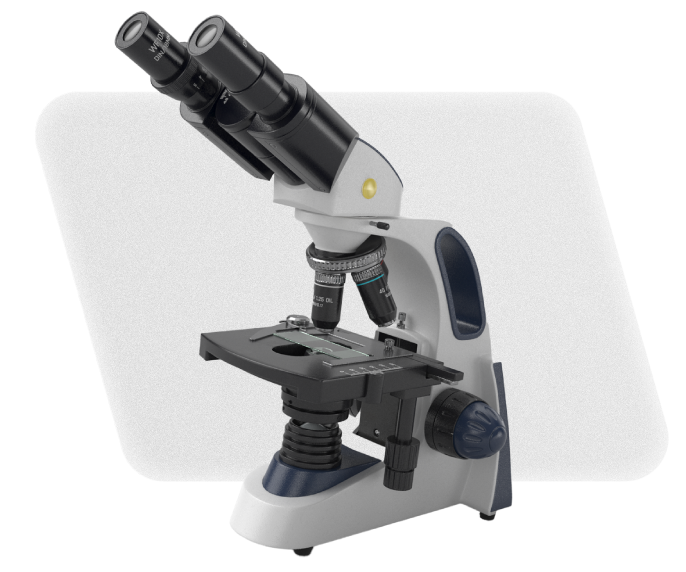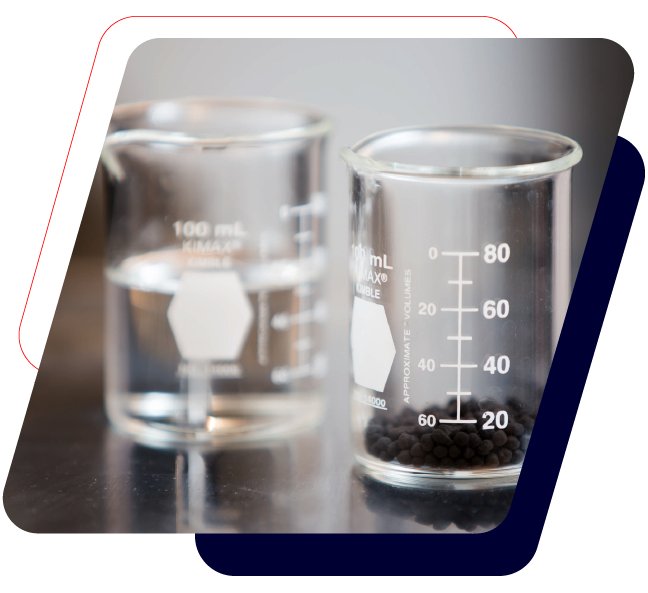Home > Services > QSAR Studies



Specialists conduct bibliographic research in scientific databases in order to find previous information on the main compound and its impurities or previously conducted QSAR studies.
01Structural and toxicological analogues are established for use in the training, testing, and validation set, gathering experimental information on their toxicity according to the study endpoint.
02The descriptors to be calculated are determined, the necessary molecular optimizations are performed, and the results are reported.
03The chemical mathematics team determines the best algorithm for finding the relationship between chemical structure and biological activity through: • Multiple linear regression. • Heuristic methods. • Genetic algorithms. • Partial least squares. • Support vector machines. • Neural networks. • Radial basis function neural networks.
04The model is tested and validated using statistical tools. The endpoint of the target molecules is predicted.
05The report is drafted, the QMRF is completed, and supporting bibliographic information is compiled.
06